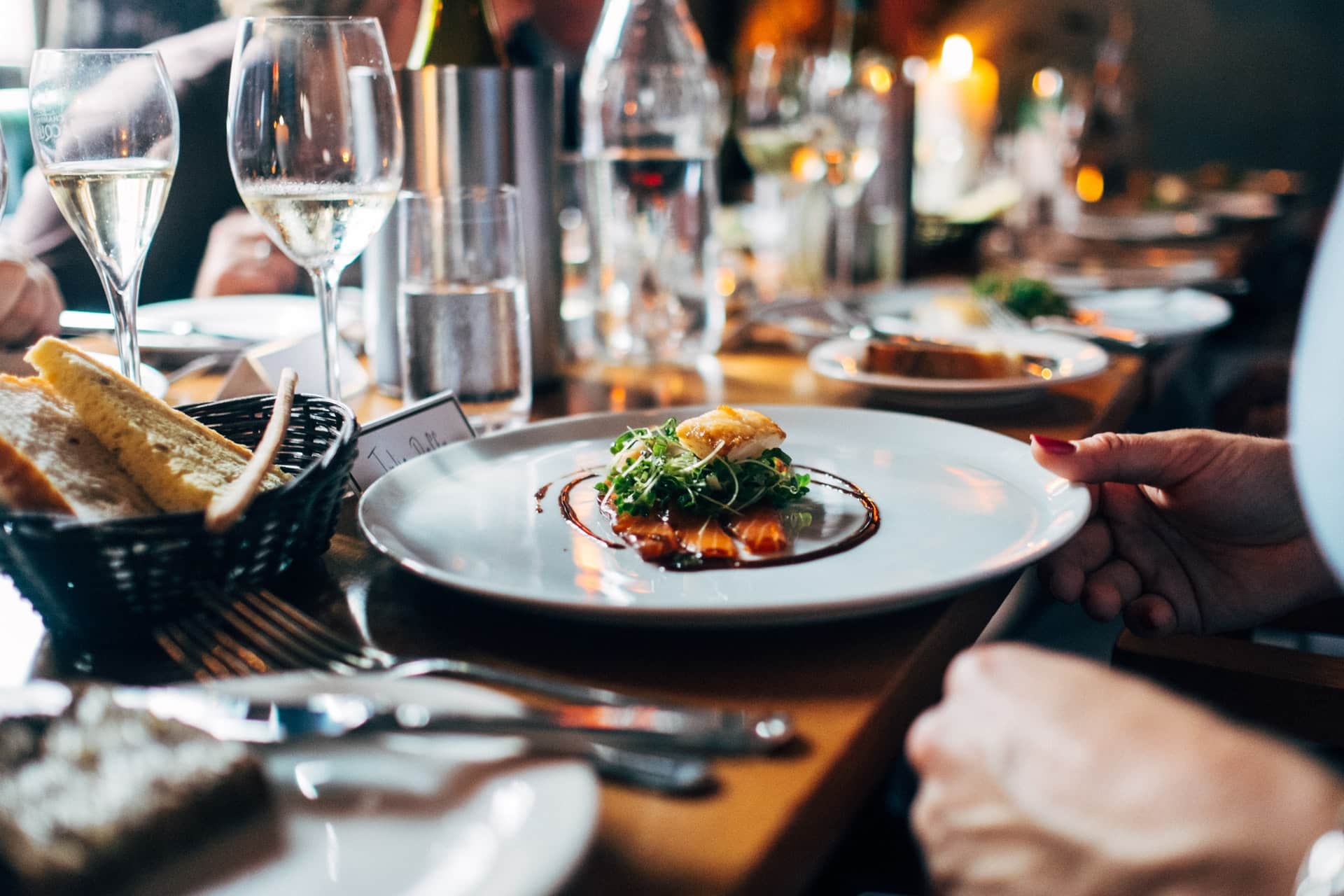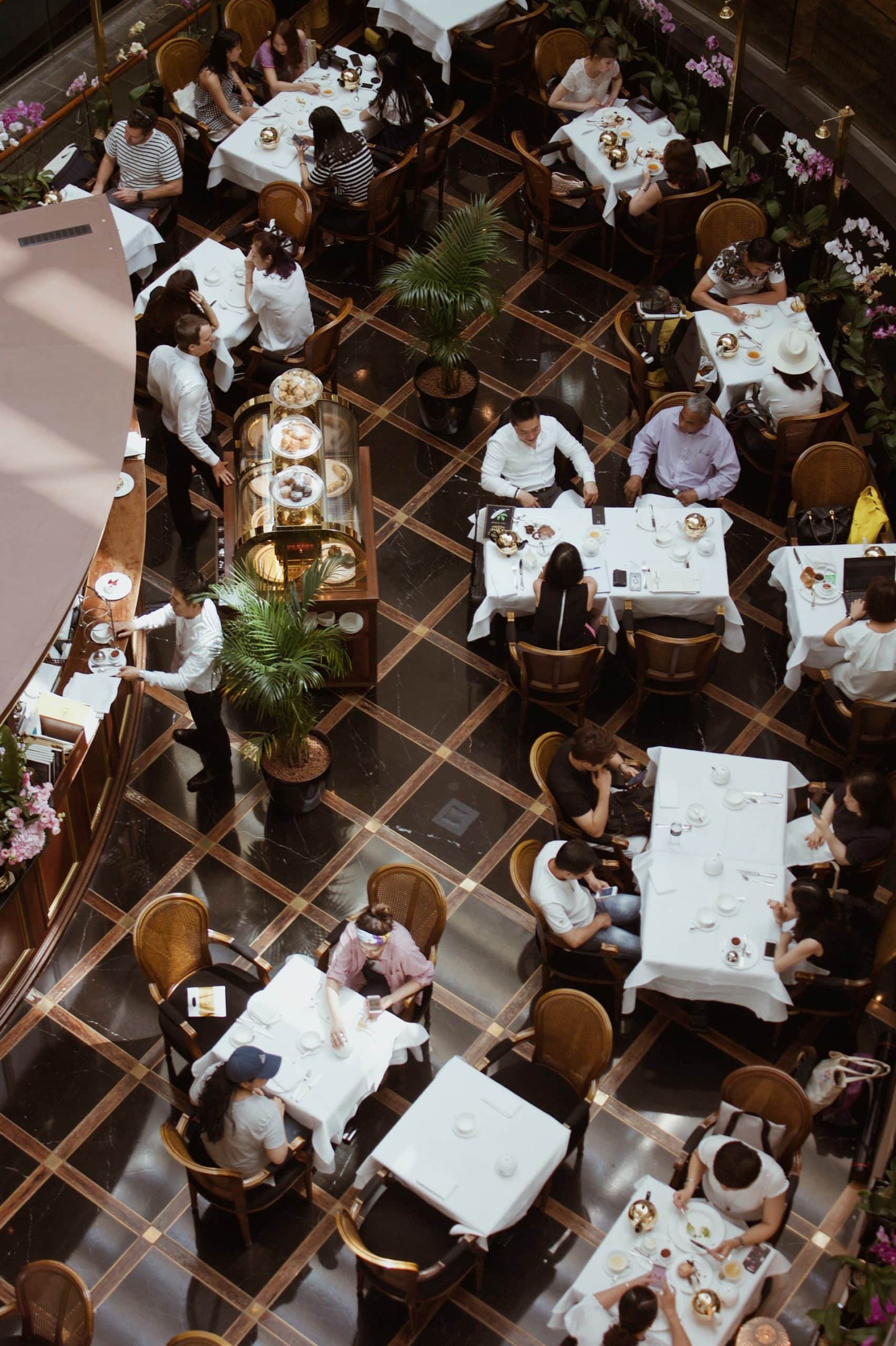Zero-waste is quickly becoming the gold standard in the restaurant industry. Local sourcing and sustainability have become top priorities at many dining establishments. The end goal is not only to reduce the environmental impact of the restaurant in question but to also operate a successful business.
It is possible to be an environmentally friendly and eco-conscious restaurant while also making respectable profit margins. If your goal is to become a zero-waste restaurant then our guide can help you achieve this while still enjoying a restaurant lifestyle.
IMAGE: UNSPLASH
What Is Zero Waste?
Zero waste involves eliminating the amount of waste, while also reducing the amount of toxicity in the items we throw away. Recovering and conserving as many resources as possible will help you achieve your zero waste goals.
Conversely, burning our waste or sending it to a landfill will contribute to greenhouse emissions and other forms of pollution that negatively impact the environment.
Steps To Create A Zero-Waste Lifestyle
Begin by incorporating as many sustainable procedures and methods as possible into your restaurant operations. Below are some steps that you can implement to help create a zero-waste lifestyle.
Begin by conducting a waste audit. The first step that needs to be taken on the path to zero waste is to perform a waste audit.
A waste audit should be used to ascertain how much your establishment is wasting. A waste audit will also help you determine how much money you can save annually.
You should encourage takeaway whenever possible. If your customers have some leftovers then you should encourage them to take the leftovers home with them. You can provide them with recyclable packaging instead of disposable packaging in order to reduce the amount of waste.
An added benefit is that when your customers take their leftovers home, there’s less waste for your restaurant to deal with. You can also replace paper napkins with reusable cloth. Cloth napkins can be cleaned and reused many times. They can help promote the zero-waste lifestyle that you’re aiming for.
You will save quite a bit of money by replacing paper napkins with reusable cloth napkins. We would also suggest that you eliminate plastic straws. Plastic straws will take thousands of years to decompose.
Millions of plastic straws will end up in landfills, which is one of the reasons why many countries have banned their use and sale. The good news is you can help contribute to your zero-waste goals by replacing plastic straws with reusable or biodegradable straws.
Some reusable straws are made with bamboo, while others are made with cardboard. There are even straws that can be eaten. For example, you can provide your customers with straws that are made with edible sugar.
You should also look into composting your food waste. You can create a worm farm, bokashi system or compost bin. Buckets and bins also do not have to cost you any money. You can obtain free bins and buckets for free on local classified sites such as Craigslist and Kijiji.
People who already own worm farms or community gardens in your area may also be generous enough to give you some composting worms for free so that you can start building your own worm farm.
Food storage is another area that you need to consider. You should store your food where it will last the longest. All food items will eventually expire, so you should do everything in your power to help preserve your food for as long as possible.
Fresh food will also tend to taste better, so storing food properly will ensure that ingredients last longer and will taste fresher too. Dairy products should never be placed near the door, as the door serves as one of the warmest areas of the fridge.
Unfortunately, many people will place milk cartons near the door as it serves as a convenient spot to store many beverages. As for items that wilt easily under high humidity conditions, they should be stored in specialized humidity drawers.
Mission Possible
Many people will avoid taking the zero-waste route, as it may seem impossible to achieve. It’s a fact that trying to create a zero-waste lifestyle will take some dedication, effort, time, and research to succeed.
However, we believe that it’s an idea that all restaurant owners should strive to implement, as it will not only save the environment but also save owners some money in the process. We hope our guide will help you achieve all of your zero-waste goals in an ethical, safe, and efficient manner.
If you are interested in even more lifestyle-related articles and information from us here at Bit Rebels, then we have a lot to choose from.


COMMENTS